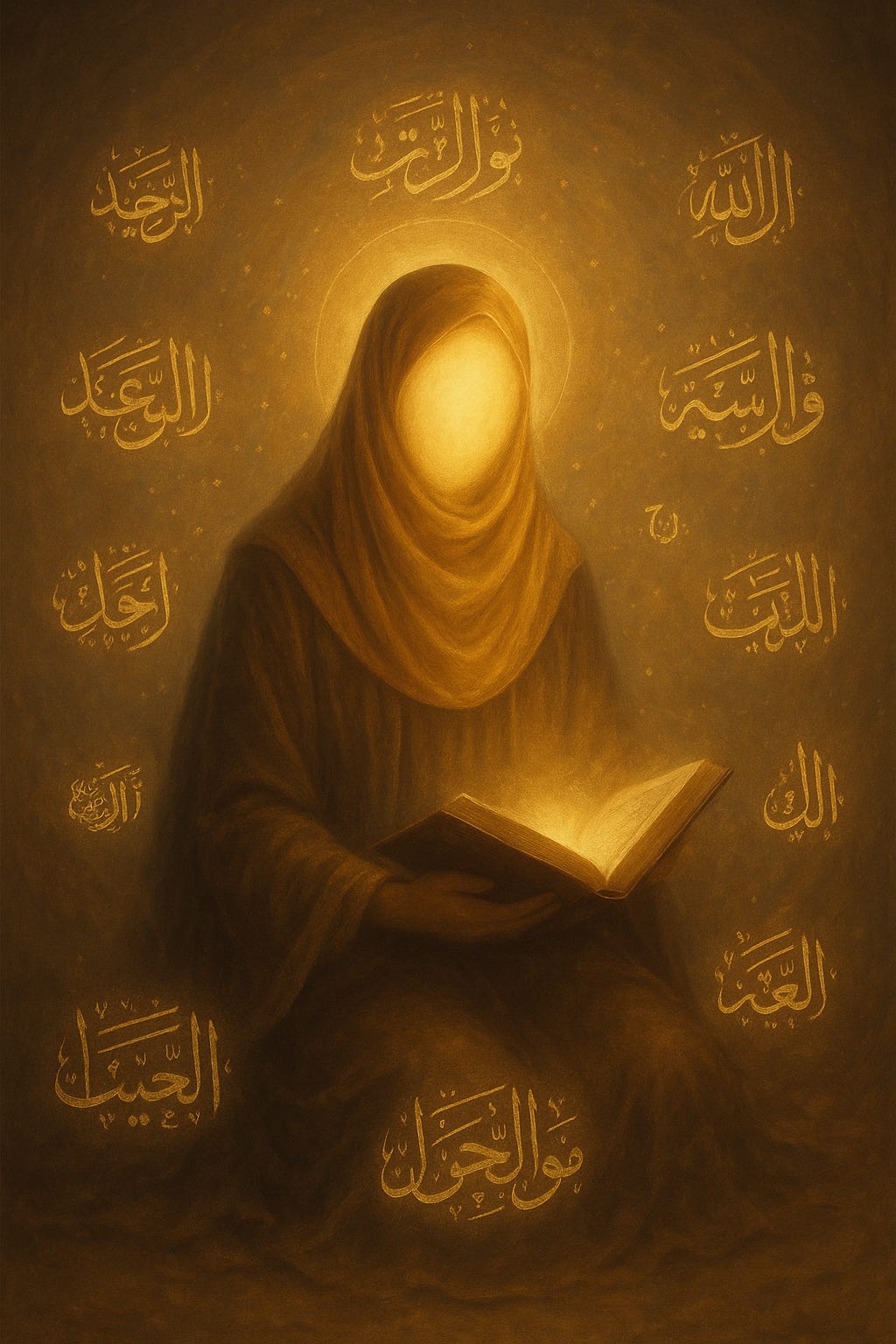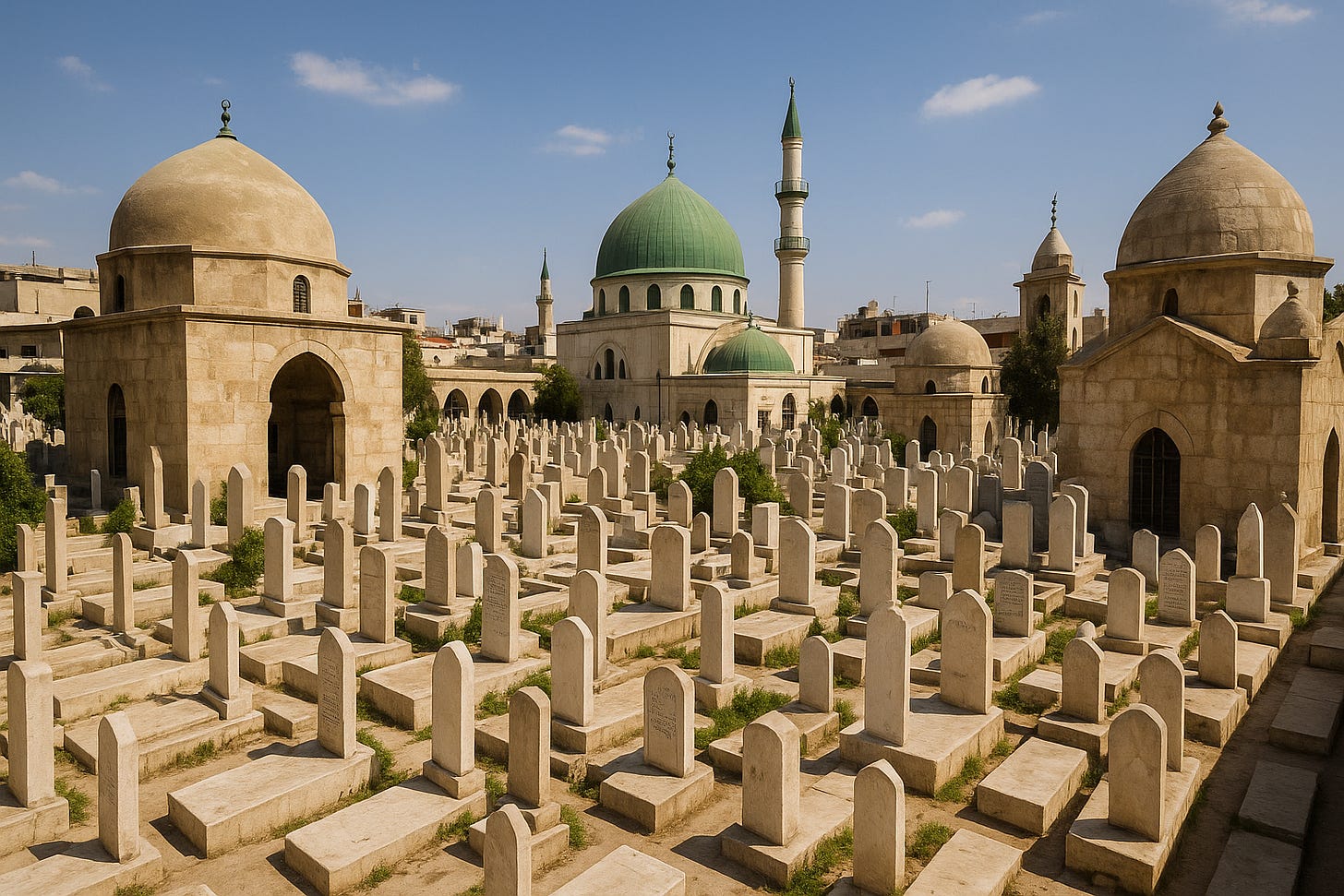Lady Fizza: The Devoted Servant of the Ahlul Bayt
The Remarkable Life and Legacy of a Woman Who Spoke Only in Quranic Verses
Lady Fizza, originally from Abyssinia, arrived in Arabia as a slave and was later freed by the Holy Prophet Muhammad (S). She became the devoted maid-servant of Lady Fatimah (SA), the daughter of the Prophet. In the household of Lady Fatimah, work was shared equally—Lady Fatimah and Lady Fizza would alternate days for household chores, reflecting a spirit of fairness and respect.
Lady Fizza’s loyalty to the family of the Prophet, the Ahlul Bayt, was unwavering. She accompanied them through the most difficult times, including the tragedy of Karbala and the subsequent imprisonment in Sham (Syria). Her faith and courage were evident throughout her life.
One of the most celebrated stories involving Bibi Fizza is her participation in the “Three Days Fast.” When Imam Hasan (AS) and Imam Husain (AS) fell ill, their father, Imam Ali (AS), made a vow to fast for three days if they recovered. Once the children regained their health, Imam Ali, Lady Fatimah, Imam Hasan, Imam Hussain, and Lady Fizza all fasted together. Each evening, as they prepared to break their fast, a needy person knocked at their door—a poor man on the first day, an orphan on the second, and a freed captive on the third. Each time, the family selflessly gave away their food, breaking their fast with only water. This act of generosity and devotion was so significant that Allah revealed verses 7–11 of Chapter 76 (Sura al-Insan, The Man) in the Holy Quran, praising their selflessness and promising them protection and reward.
Another remarkable aspect of Lady Fizza’s life is her deep connection with the Quran. Abdullah Mubarak, a traveler, once encountered her in the desert. Throughout their conversation, Lady Fizza responded to every question using only verses from the Quran. She answered questions about her identity, her journey, her hunger, and her family—all with relevant Qur’anic passages. When they reached her caravan, she called out to her sons using verses that referenced the names of prophets, and her sons came to her. Her sons explained to Abdullah that their mother, Lady Fizza, had spoken only in Quranic verses for the past twenty years.
Her Final Resting Place
Lady Fizza’s journey ended in Sham (modern-day Damascus, Syria), where she passed away. She is buried in the historic Bab al-Saghir cemetery in Damascus, a site that holds the graves of many revered personalities from Islamic history. Pilgrims and visitors to Damascus often pay their respects at her grave, honouring her legacy of faith, service, and devotion to the Ahlul Bayt. The Bab al-Saghir cemetery is a significant place for those who wish to connect with the history of the Prophet’s family and their loyal companions.
Lady Fizza’s story is a testament to faith, loyalty, and the power of the Quran in daily life. Her legacy continues to inspire, reminding us of the strength found in devotion, service, and the words of the Holy Book.



